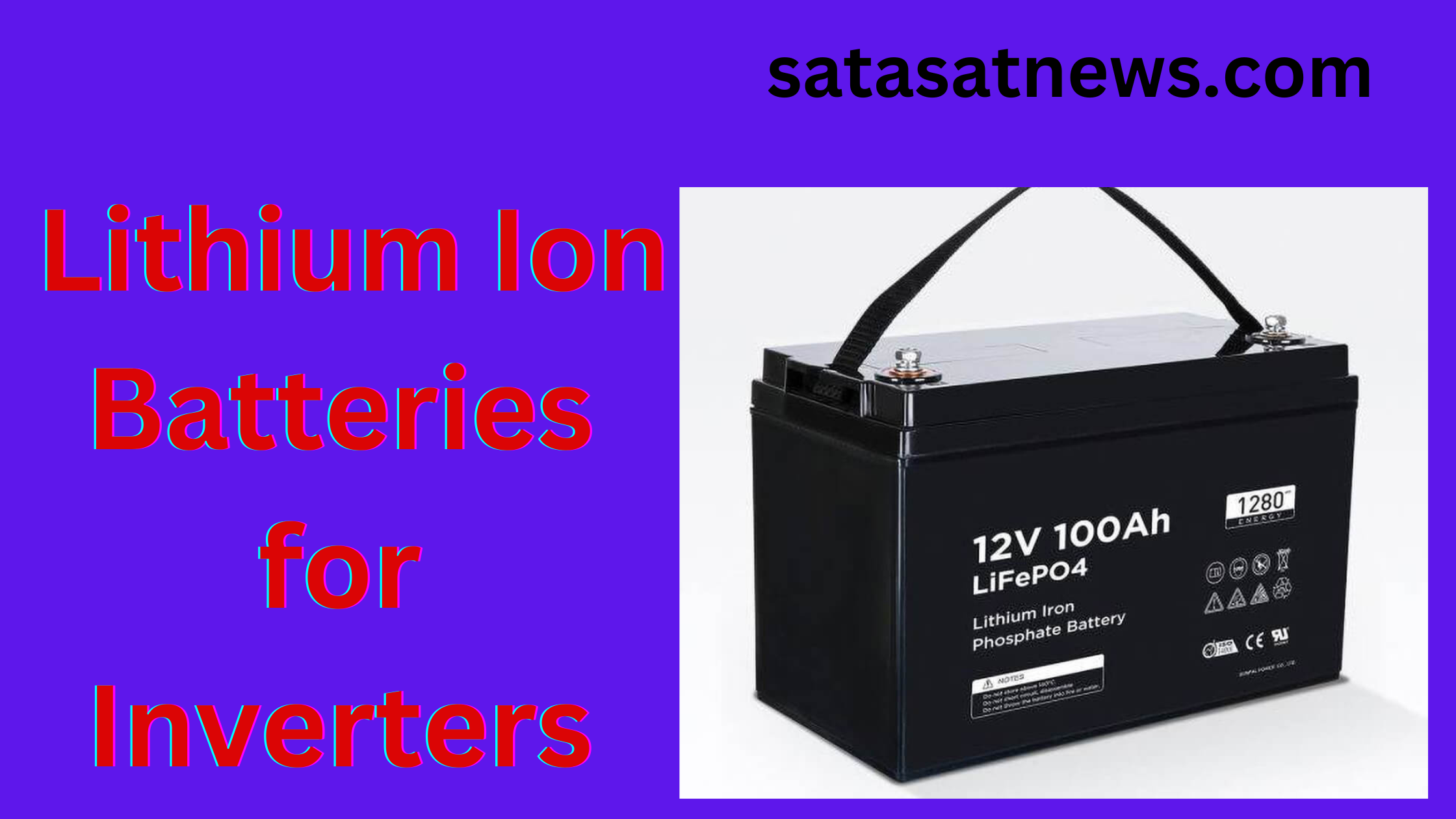Introduction:
In the dynamic landscape of energy storage, the role of Lithium Ion Batteries for inverters has evolved significantly, shaping the way we manage and utilize electrical power. This comprehensive guide explores the multifaceted aspects of lithium ion batteries for inverters, examining their technological features, advantages, applications, and the pivotal role they play in addressing the growing demand for efficient and sustainable energy solutions.
- Technological Advancements in Lithium Ion Batteries: The inception of lithium ion batteries revolutionized the energy storage domain. Over the years, technological advancements have refined their chemistry, design, and overall performance. In the context of inverters, these batteries have emerged as a versatile solution, capable of meeting diverse energy storage needs.
- Keyword Focus: Lithium-Ion Battery for Inverter Technology: The technology behind lithium ion batteries for inverters is rooted in the unique composition of materials within the battery cells. The anode, cathode, and electrolyte work in tandem to facilitate the flow of ions, ensuring efficient energy storage and discharge. The incorporation of materials like lithium cobalt oxide, lithium iron phosphate, and lithium manganese oxide contributes to the diverse range of lithium ion batteries optimized for inverter applications.
- Applications of Lithium Ion Batteries in Inverters: The versatility of lithium ion batteries extends to various inverter applications, ranging from residential to industrial setups. In residential settings, these batteries offer reliable backup power during outages, enabling uninterrupted energy supply. In commercial and industrial sectors, lithium ion batteries play a crucial role in grid stabilization, peak shaving, and facilitating smooth transitions between power sources.
- Performance Metrics: Energy Density and Power Output: The energy density of lithium ion batteries for inverters is a key performance metric. Higher energy density translates to more energy stored in a smaller space, facilitating compact and efficient inverter designs. Additionally, the power output capabilities of lithium ion batteries contribute to their suitability for applications requiring quick bursts of energy, such as inverter systems responding to sudden increases in power demand.
- Multifunctionality and Modular Design: Lithium ion batteries for inverters offer multifunctionality, accommodating various energy storage requirements. Their modular design allows for scalability, enabling users to customize the capacity based on their specific needs. This adaptability makes them suitable for a diverse range of inverter installations, from small residential units to large-scale industrial systems.
- Addressing Environmental Concerns: As the global community emphasizes environmental sustainability, the eco-friendly aspects of lithium ion batteries become increasingly relevant. These batteries are recyclable, and ongoing research focuses on improving recycling processes to minimize environmental impact. The reduced need for frequent replacements also contributes to a more sustainable and resource-efficient energy storage solution.
- Integration of Smart Technologies: Lithium ion batteries for inverters often incorporate advanced Battery Management Systems (BMS) and smart technologies. These systems monitor and optimize charging and discharging processes, enhance safety, and prolong battery life. The integration of Artificial Intelligence (AI) and Internet of Things (IoT) technologies further elevates the efficiency and intelligence of inverter systems.
- Keyword Integration in Inverter Systems: The integration of lithium ion batteries for inverters is not solely about standalone energy storage. Modern inverter systems are designed with seamless integration of lithium ion batteries in mind. This integration ensures optimal performance, increased efficiency, and the ability to adapt to dynamic energy demands.
Conclusion:
In conclusion, the widespread adoption of lithium ion batteries for inverters is a testament to their transformative impact on the energy storage landscape. From technological advancements to diverse applications and environmental considerations, these batteries exemplify innovation in the pursuit of efficient, reliable, and sustainable energy solutions. As the world continues its transition towards cleaner and more resilient energy systems, lithium ion batteries for inverters stand at the forefront, empowering a future where power is harnessed and utilized intelligently.
You may like reading about the following:
For more information, visit: https://techcrowdmedia.com/


